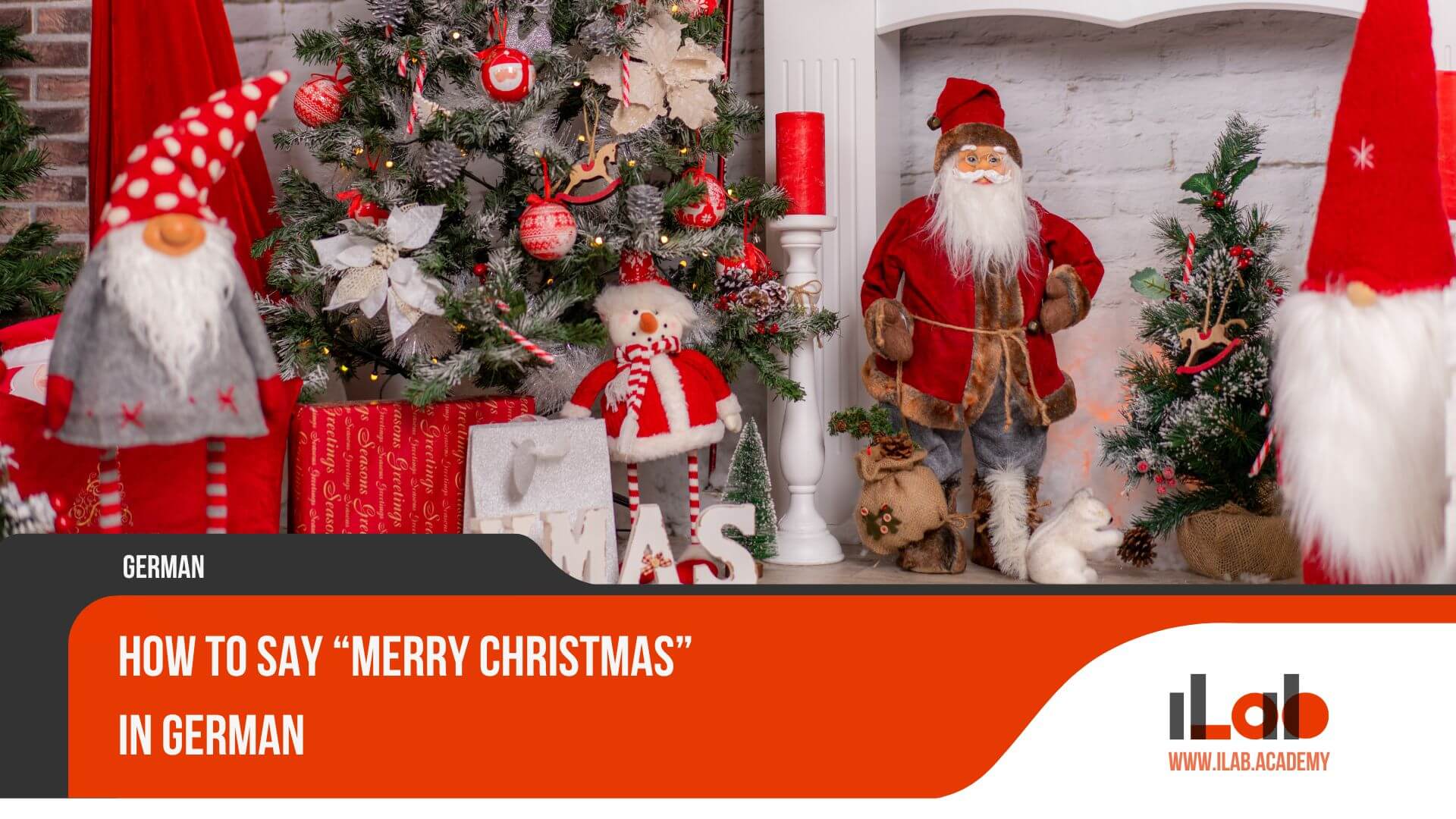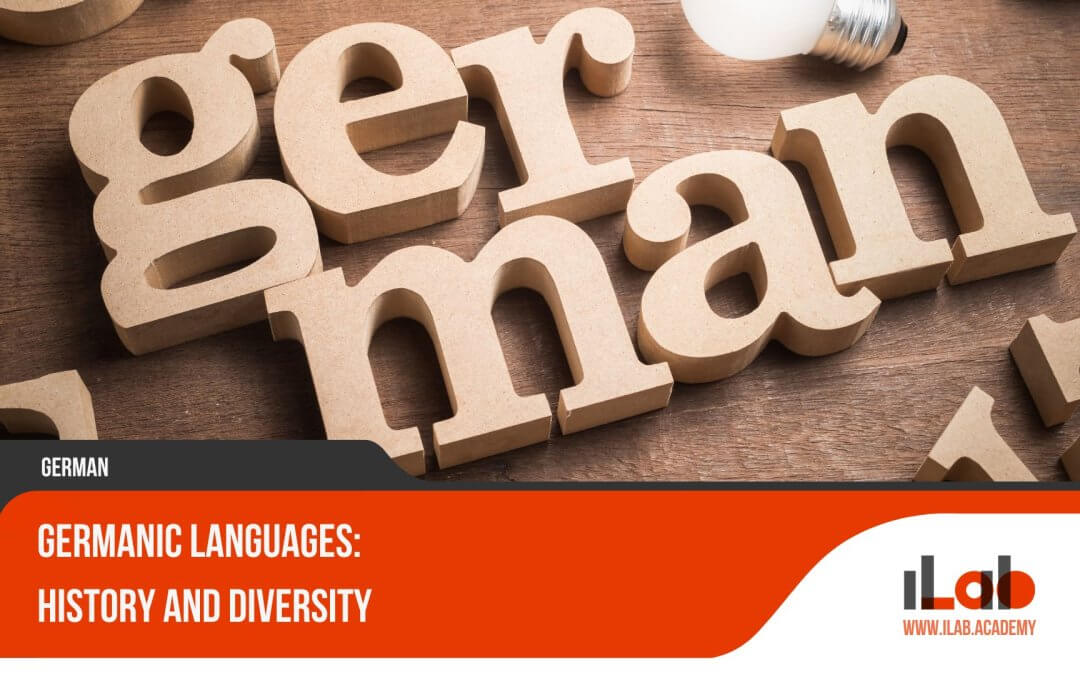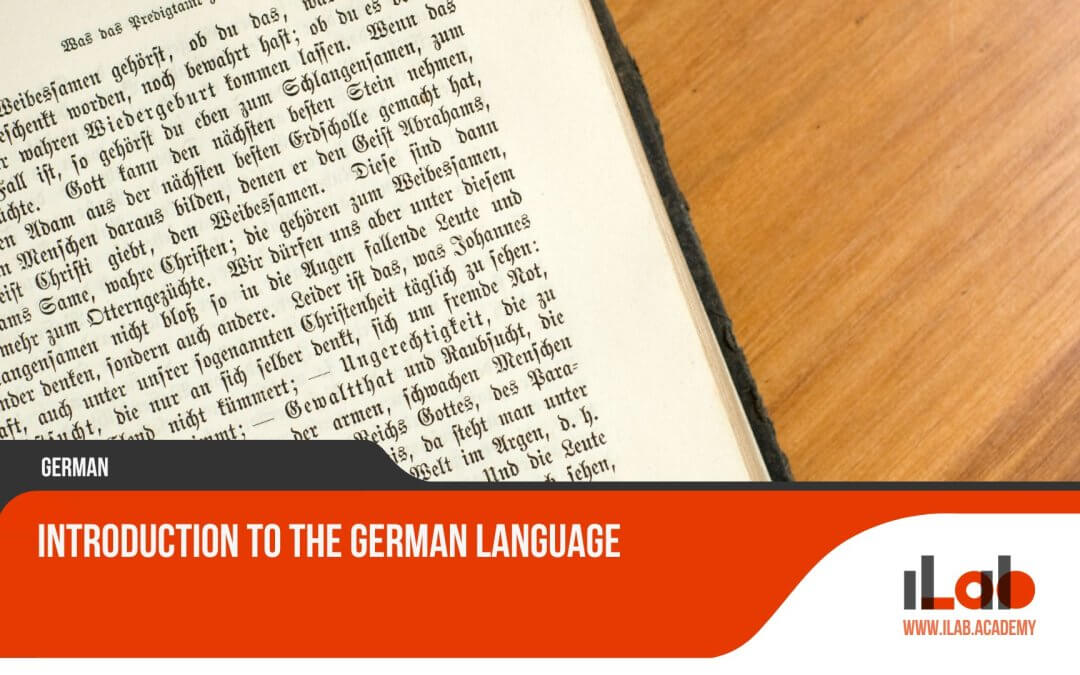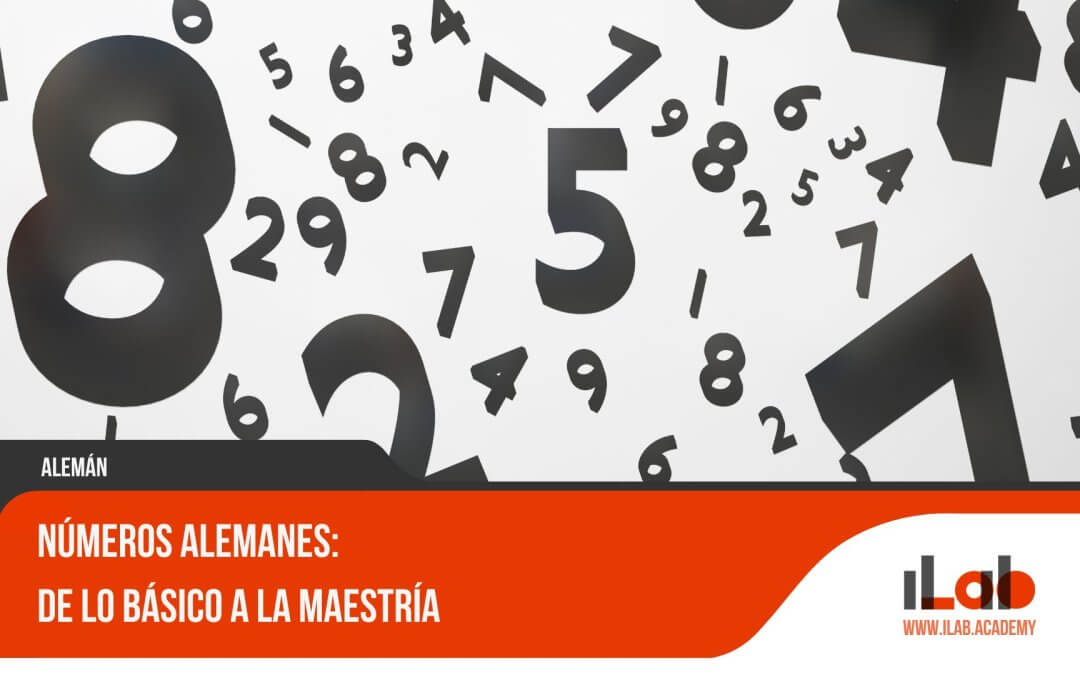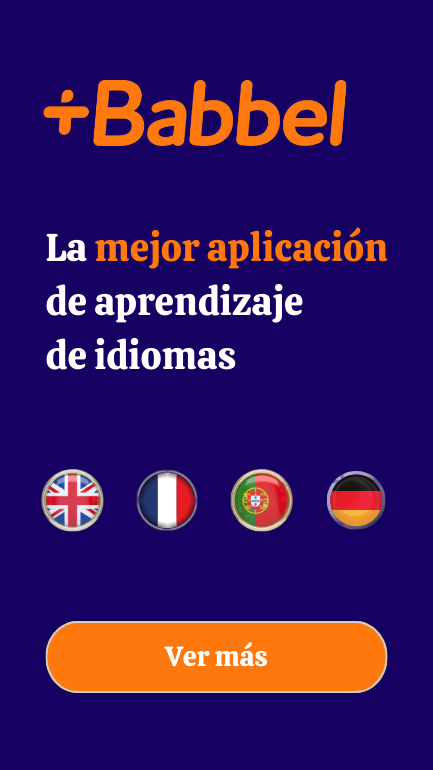Table of contents
To extend festive greetings in German, you commonly use “Frohe Weihnachten,” an expression cherished for its direct warmth, mirroring the English “Merry Christmas.” Alternatively, “Fröhliche Weihnachten” captures a similar sentiment, often utilized in more formal contexts or heartfelt exchanges among friends and family. Embracing these phrases allows you to participate authentically in German Christmas traditions, enriching your experience and connection with German culture. As you familiarize yourself with these expressions, consider further exploring the nuances that make German holiday greetings a meaningful reflection of community and joy during the season. Are you ready to uncover more about this vibrant tradition?
Common Ways to Say Merry Christmas in German
In Germany, the festive spirit of Christmas is often captured with the phrases ‘Frohe Weihnachten‘ and ‘Fröhliche Weihnachten,’ both of which translate to ‘Merry Christmas‘ in English. These greetings are not only widely used across German-speaking countries but also hold significant cultural importance during the holiday season. Understanding and using these expressions can enhance your experience and connection with German holiday traditions, whether you’re visiting Germany or celebrating from afar.
Frohe Weihnachten
‘Frohe Weihnachten‘ is the most commonly used expression for ‘Merry Christmas‘ in German-speaking countries. This greeting is favored for its warm, direct translation to ‘Merry Christmas,’ which perfectly captures the festive spirit of the season. As you interact with German speakers or celebrate the holiday in a German context, using ‘Frohe Weihnachten’ not only communicates your good wishes but also shows respect for cultural traditions.
The phrase itself is straightforward, making it easy to learn and pronounce, even for those new to the German language. It consists of two main components: ‘frohe,’ meaning ‘merry’ or ‘joyous,’ and ‘Weihnachten,’ which translates to ‘Christmas.’ Together, they wish the recipient a joyful Christmas celebration. When you say ‘Frohe Weihnachten,’ it’s customary to smile and often accompany the greeting with a handshake or a hug among close friends and family.
Understanding this common expression can enhance your experience during the holiday season, whether you’re visiting a Christmas market in Germany, participating in a cultural exchange, or simply wanting to add a touch of authenticity to your holiday greetings. ‘Frohe Weihnachten’ bridges language gaps and creates a shared moment of joy and festive celebration.
Fröhliche Weihnachten
Another common way to express holiday greetings in Germany is by saying ‘Fröhliche Weihnachten.’ This phrase, which translates to ‘Merry Christmas,’ is widely used across the country during the festive season. It embodies the joyful spirit of the holidays and is a heartfelt way to convey warm wishes. Understanding when and how to use this phrase can enhance your interactions with German speakers during Christmas time.
Here are some insights into the usage of ‘Fröhliche Weihnachten’:
- Cultural Significance: This greeting is deeply embedded in German Christmas traditions. It’s often used in formal settings but is equally appropriate among friends and family.
- Usage Context: You might hear ‘Fröhliche Weihnachten’ in Christmas markets, during holiday events, or in seasonal advertising. It’s also common in written greetings such as cards and messages.
- Variations: While ‘Fröhliche Weihnachten’ is standard, you might also come across variations like ‘Ein frohes Weihnachtsfest’ (A joyful Christmas celebration), depending on the region and context.
Incorporating ‘Fröhliche Weihnachten’ into your vocabulary this holiday season can bring a touch of authenticity to your celebrations and help you connect more deeply with German culture.
Cultural Context of Christmas in Germany
In Germany, Christmas is not just a season of joy, but a deeply rooted cultural event enriched by longstanding traditions and heartfelt greetings. Exploring how Christmas is celebrated and the importance of specific greetings provides valuable insights into the German way of life during the holidays. This examination helps us appreciate the depth and warmth of the festive season in Germany, enhancing our understanding and experience of saying ‘Merry Christmas’ in German.
German Christmas Traditions
Why do German Christmas traditions captivate people worldwide? The allure of these customs lies in their deep historical roots and the uniquely festive atmosphere they create, which resonates with people of all ages and backgrounds. From the enchanting Christmas markets that spring up in towns and cities to the delightful culinary treats and the heartfelt celebrations focused around family and community, German Christmas traditions offer a rich tapestry of experiences that have global appeal.
To paint a picture of German Christmas traditions:
- Christmas Markets (Weihnachtsmärkte): Bustling markets filled with handcrafted goods, twinkling lights, and the scents of mulled wine and gingerbread. They embody the spirit of communal celebration and are a hallmark of the season.
- Advent Calendars and Wreaths: These count down the days until Christmas, building anticipation with each passing day. Each advent calendar window opens to reveal a small gift or chocolate, while wreaths are adorned with candles, symbolizing the light in the darkness of winter.
- St. Nicholas Day (Nikolaustag): Celebrated on December 6th, children place their boots outside the door to find them filled with treats the next morning, provided they’ve been good throughout the year.
These traditions are not just about celebration but also about bringing people together in the spirit of goodwill and joy.
The Significance of Christmas Greetings
Christmas greetings in Germany carry a profound cultural and emotional weight, reflecting the country’s rich traditions and communal values during the holiday season. When Germans exchange wishes of ‘Frohe Weihnachten,’ they are not just sharing a common phrase but also reinforcing a sense of belonging and warmth that resonates deeply within their cultural fabric. This tradition serves as an essential connector among people, binding them through shared heritage and the collective spirit of the season.
In Germany, the act of greeting someone with ‘Merry Christmas‘ goes beyond mere formality. It is imbued with historical significance and a genuine wish for joy and peace in others’ lives. This greeting encapsulates the essence of the holiday spirit—generosity, kindness, and community. By partaking in this simple yet impactful exchange, individuals actively participate in a centuries-old tradition that celebrates human connection and cultural identity.
Understanding the emotional and cultural layers behind these festive greetings allows one to appreciate more deeply the German approach to Christmas. It emphasizes not just the words but the heartfelt intent behind them, fostering a richer, more inclusive holiday experience. This insight into German cultural practices around Christmas enhances our global appreciation of the season’s universal messages of love and unity.
Regional Variations and Dialects
As we explore the festive greetings across Germany, it becomes evident that regional variations enrich the linguistic tapestry of the holiday season. In Bavaria, for instance, you might hear a distinctly heartwarming version of ‘Merry Christmas,’ which reflects the local dialect and customs. Moving to the northern regions, the expressions take on a slightly different tone, showcasing the diversity within German Christmas celebrations.
Bavarian Christmas Greetings
Bavaria, with its unique dialect, offers distinctive festive greetings that enrich the traditional expression of ‘Merry Christmas’. In this picturesque region of Germany, the local language adds a charming touch to holiday messages. Bavarians often use variations of standard German expressions, infusing them with a local flair that reflects their cultural identity and heritage.
When wishing someone a Merry Christmas in Bavarian dialect, you might encounter the following phrases:
- “Frohe Weihnachten”: This is the standard German greeting but often pronounced with a distinct Bavarian accent, making it sound more personal and warm in social settings.
- “A scheens Weihnachtsfest”: This phrase means ‘A beautiful Christmas celebration’ and is commonly used among Bavarians to convey heartfelt holiday wishes.
- “Stade Zeit”: Literally translates to ‘quiet time’, this phrase is used to describe the peaceful, reflective period of Christmas, emphasizing the serene joy of the season.
Understanding these expressions allows for a deeper appreciation of Bavaria’s unique Christmas culture. Learning to pronounce these phrases can also be a delightful challenge, adding to the festive spirit if you’re visiting or celebrating with Bavarians.
Northern German Christmas Expressions
In Northern Germany, residents often employ distinct festive expressions that reflect the region’s unique linguistic and cultural heritage. While many are familiar with the standard German greeting ‘Frohe Weihnachten‘ for ‘Merry Christmas,’ Northern Germany has its own flavor of festive phrases influenced by local dialects. These expressions not only convey the traditional holiday wishes but also embody the rich cultural nuances of the area.
For instance, in Low German, spoken widely in the coastal areas of the North, Christmas might be greeted with ‘Fröhliche Wiehnachten.’ This greeting resonates with the maritime history and cultural identity of regions like Hamburg and Lower Saxony. The pronunciation and slight variation in spelling highlight the dialectal influence that characterizes the speech patterns of Northern Germany.
Additionally, in areas closer to the Danish border, you might even hear influences from Scandinavia in the Christmas greetings, reflecting the historical and cultural intermingling. Understanding these regional variations offers a deeper appreciation of the diversity within German holiday customs.
Learning to use these local expressions can greatly enhance your interaction with native speakers from Northern Germany, making your holiday greetings feel more personal and culturally informed.
Unique and Fun Christmas Phrases
While learning to say “Merry Christmas” in German, it’s delightful to explore some unique and less common expressions that convey festive cheer. Phrases like “Frohes Fest” and “Schöne Feiertage” offer a charming twist, extending ‘Happy Holidays’ and ‘Joyous Festivities’ to everyone. Why not surprise your German friends with these cheerful greetings and witness their smiles during the holiday season?
Frohes Fest
‘Frohes Fest,’ translating to ‘Happy Holidays,’ serves as a versatile festive greeting widely used across German-speaking regions during the Christmas season. This greeting is particularly popular for its inclusivity, embracing all the festive days, not just Christmas itself. It’s an excellent phrase for those who wish to convey warm holiday wishes without specifying a particular holiday, making it perfect for use in diverse settings.
To truly appreciate the breadth of ‘Frohes Fest,’ consider the following points:
- Cultural Universality: This phrase transcends specific religious affiliations, making it appropriate in a variety of social contexts—whether in personal greetings, cards, or emails.
- Ease of Use: Its straightforward structure makes it easy for learners of the German language to adopt and use confidently in their holiday interactions.
- Emotional Resonance: ‘Frohes Fest’ carries a warm, festive tone that effectively captures the joyful spirit of the holiday season, resonating well with the festive mood prevalent during this time of the year.
Schöne Feiertage
‘Schönes Festtagsfest,’ a common German expression during the Christmas season, translates to ‘Happy Holidays‘ and encapsulates a broad spectrum of festive celebrations. This phrase is not only a cordial way to express good wishes but also reflects a welcoming gesture that embraces the diverse traditions celebrated during this time, not limited to Christmas alone.
The beauty of ‘Schönes Festtagsfest’ lies in its versatility. It can be used regardless of the specific holiday the recipient celebrates, making it an inclusive greeting. This phrase is particularly useful in pluralistic societies or professional settings where the exact holiday traditions of each individual might not be known. It guarantees that no one feels excluded from the season’s greetings, promoting a spirit of unity and goodwill.
Moreover, ‘Schönes Festtagsfest’ is often accompanied by other well-wishes such as ‘Guten Rutsch,’ which means ‘Happy New Year,’ extending the holiday greetings to encompass the forthcoming New Year celebrations. This combination enriches the festive language, allowing speakers to convey a fuller range of seasonal sentiments.
When you wish someone ‘Schönes Festtagsfest,’ you are not just offering a simple greeting; you are also imparting a wish for peace and joy that transcends specific cultural or religious boundaries. It is a perfect example of how language can unite us during the holiday season.
How to Write Christmas Cards in German
When crafting Christmas cards in German, selecting phrases that convey warmth and festive spirit is crucial. This section will offer you various expressions and sentence structures to assist you in composing messages that resonate with friends and family. Discover examples of typical Christmas card greetings to spark your own personalized messages this holiday season.
Phrases and Sentences for Christmas Cards
Crafting a heartfelt Christmas card in German greatly enhances the festive spirit and shows appreciation to the recipients. When selecting phrases and sentences for your Christmas cards, it’s important to take into account both the language and the cultural nuances that make your message resonate with German-speaking friends and family.
To effectively communicate your warm wishes, here are some key points to keep in mind:
- Personalization: Address the recipient by name and include personalized details to make the card feel more intimate and special.
- Cultural Sensitivity: Understand and respect German holiday customs to enrich the message. This includes referencing traditional German Christmas symbols and greetings.
- Choice of Words: Opt for phrases that reflect joy, peace, and the festive mood of the season.
Examples of Christmas Card Messages
Let’s explore some practical examples of Christmas card messages that you can use or modify to send your holiday greetings in German.
| English Message | German Translation |
|---|---|
| Merry Christmas and a Happy New Year! | Frohe Weihnachten und ein gutes neues Jahr! |
| Wishing you peace and joy this Christmas. | Ich wünsche dir Frieden und Freude zu Weihnachten. |
| May your holidays sparkle with joy and laughter. | Mögen deine Feiertage vor Freude und Lachen funkeln. |
These sample messages serve as a foundation for crafting your personalized holiday cards. Adjust the phrases to reflect your own voice or add specific details to make them feel more personal. For instance, you can elaborate on wishes by including hopes for the coming year or express gratitude for past experiences shared with the recipient. Utilizing these examples not only conveys your warm wishes effectively but also impresses the recipient with your grasp of German cultural nuances. This thoughtful gesture will surely enhance the festive spirit and strengthen connections during the holiday season.
Conclusion
To sum up, mastering the phrase ‘Merry Christmas‘ in German opens a gateway to a richer, more authentic holiday experience. It allows one to connect deeply with Germany’s festive traditions and express heartfelt seasonal greetings. By understanding both the common and regional variations of Christmas phrases, individuals can show respect and appreciation for German culture. This knowledge not only enhances personal enjoyment but also fosters cultural connections during one of the most cherished celebrations in Germany.

